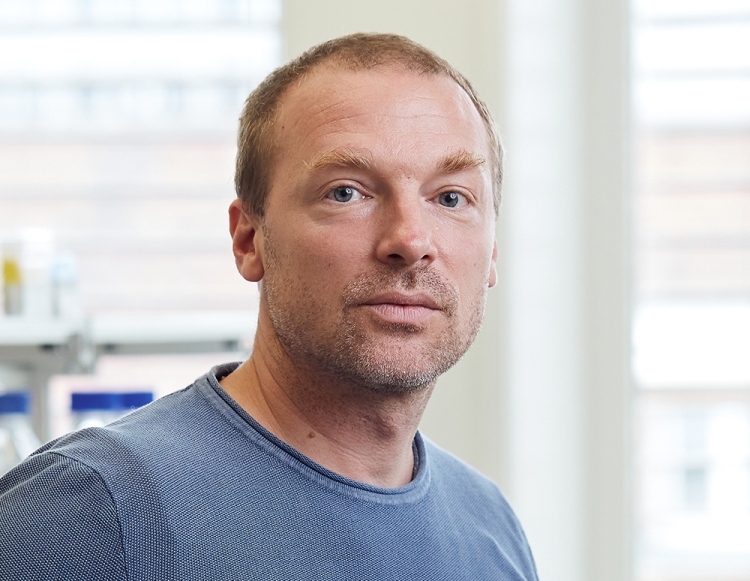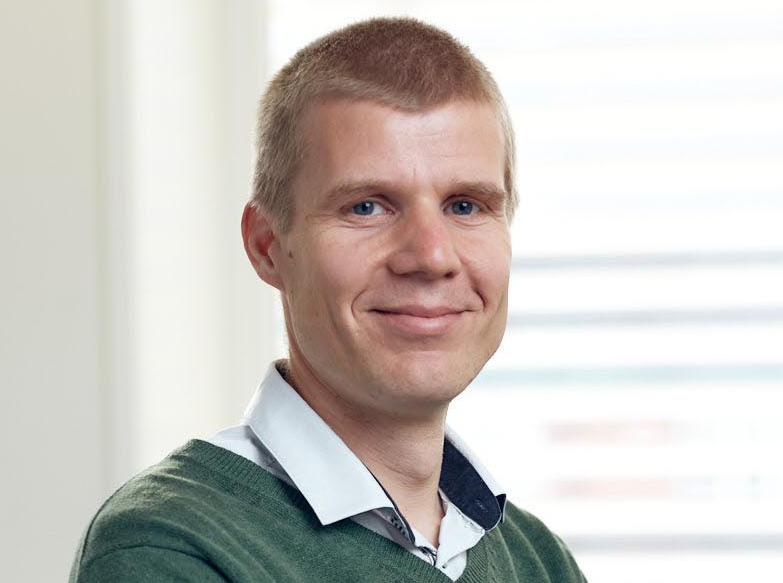Research Groups

Silvia Arber
Motor circuit function
Read More
Marc Bühler
Epigenetic Gene Regulation
Read More
Jeffrey A. Chao
Regulation of gene expression
Read More
Selma Dahmane
Cellular and molecular basis of virus-induced inflammation
Read More
Guillaume Diss
Quantitative and mechanistic models of genotype-phenotype maps
Read More
Johannes Felsenberg
Neural circuit mechanisms of memory re-evaluation
Read More
Rainer W. Friedrich
Neuronal circuits and computations
Read More
Luca Giorgetti
Chromosome structure and transcriptional regulation
Read More
Helge Grosshans
Biological clocks and timers in development
Read More
Anupama Hemalatha
Tracking metabolic origins of cell behavior and fate
Read More
Georg Keller
Mechanisms of psychiatric treatments
Read More
Prisca Liberali
Design principles of tissue organization
Read More
Andreas Lüthi
Cellular mechanisms of learning and memory
Read More
Patrick Matthias
Transcriptional and epigenetic networks and function of HDACs in mammals
Read More
Antoine H.F.M. Peters
Intergenerational and developmental epigenetics
Read More
Filippo M. Rijli
Transcriptional and epigenetic regulation of craniofacial and neuronal development
Read More
Dirk Schübeler
Gene regulation in chromatin
Read More
Nicolas Thomä
The molecular basis of genome maintenance
Read More
Charisios Tsiairis
Self-organizing cellular systems
Read More
Margherita Yayoi Turco
Human placental development and the uterine microenvironment
Read More
Friedemann Zenke
Computational Neuroscience
Read MoreStaff Scientists
Ambizione Fellows

In current position since 2018
» Contact details
» Personal website
» Google Scholar
» ORCID
» Twitter
» CV (pdf)
» LinkedIn
Mathias has always been fascinated by neuronal networks, leading him to study biology and neuroscience for his BSc and MSc. During his MSc thesis on information transfer in cultured neural networks, he realized how limited our capabilities to interface with neurons were, leading him to design and characterize light-gated proteins for neuronal activity control during his PhD with Ofer Yizhar. Equipped with the extended optogenetic toolbox he returned to study information transfer between distant brain areas in the lab of Andreas Lüthi. First as EMBO and then as Marie Curie Individual fellow. Since 2023, Mathias is leading the research project valence in decision-making as Ambizione fellow.
ReseachAside from his fascination with neuronal networks, Mathias likes tinkering with proteins, light, and electronics to study brain function. He is leading a research project that is examining the role of amygdala activity on cortical processing during value assignment and decision-making. This project specifically looks at the long-range connections between the basolateral amygdala and prefrontal cortex in mice.
Education- PhD in Neuroscience, Weizmann Institute of Science, Israel
- MSc in Systemic Neuroscience, LMU Munich, Germany
- BSc in Biology, University of Constance, Germany
Stephen grew up near Vancouver in BC, Canada and studied Molecular Biology and Biochemistry at Simon Fraser University. He then went on to do a PhD in Experimental Medicine at McGill University in Montreal, Quebec. During his PhD he studied the molecular mechanisms that generate a diverse antibody repertoire during the immune response.
Wanting to switch gears after his PhD, Stephen moved to the lab of Susan Gasser to study chromatin regulation in C. elegans. He was awarded an EMBO Long Term Fellowship in 2018 to pursue his postdoctoral work with Prof. Gasser.
ReseachStephen is interested in understanding how chromatin is actively regulated during development and in differentiated tissues. In the Grosshans lab he is using the C. elegans developmental oscillator as a model system to study how dynamic changes to chromatin can regulate rhythmic transcription.
Education• PhD in Experimental Medicine, McGill University, Montreal, Canada
• BSc in Molecular Biology and Biochemistry, Simon Fraser University, Burnaby, Canada


